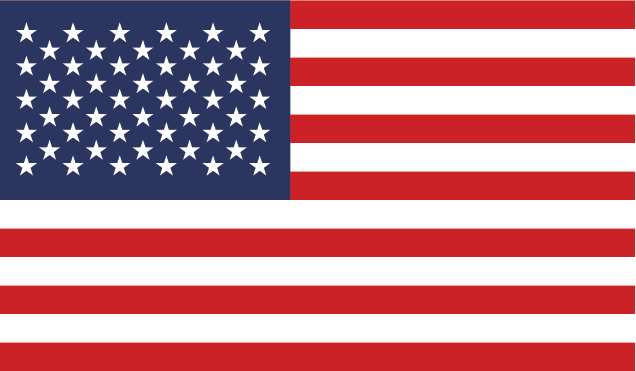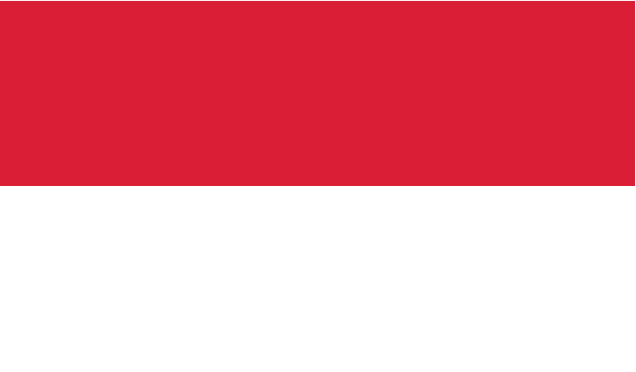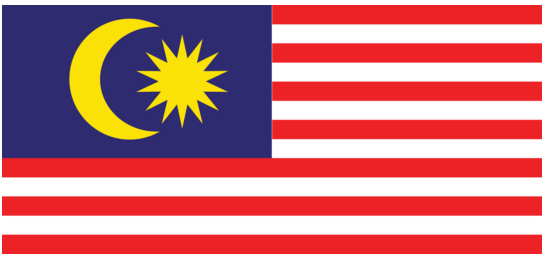
The “Better For You” Revolution: How Young Consumers Are Shaping a Healthier Future
Summary:
Introduction to “Better For You” Trend
Over recent years, consumer preferences have shifted towards products and services that align with the values of younger consumers, leading to the rise of the “Better For You” market. This trend has been particularly successful in Western markets, with brands like Olipop, Whole Foods, and The Honest Company catering to health-conscious and environmentally aware consumers. Olipop, for instance, is projected to reach $500 million in sales by 2024, while Whole Foods, acquired by Amazon for $13.7 billion, has expanded to over 500 stores in the U.S. A global study indicates that 65% of consumers aim to improve their health and well-being through better dietary habits, with 64% concerned about environmental issues. This shift is most notable among Millennials and Gen Zs, who are increasingly making purchasing decisions based on a company’s environmental impact or adopting sustainable lifestyles.
Understanding “Better For You”
The “Better For You” concept is multifaceted, encompassing:
- Better for You: Products that are organic, natural, chemical-free, vegan, or personalized.
- Better for Society: Products with fair labor practices, inclusive employment, or locally-sourced ingredients.
- Better for the Planet: Products that are recyclable, made from recycled materials, or cruelty-free.
Survey Findings in Southeast Asia
A survey of Gen Z and Millennial consumers in Indonesia, Vietnam, and Singapore reveals a growing demand for “Better For You” products in Southeast Asia. Key findings include:
- 92% of respondents rated at least one “Better For You” factor as very or extremely important.
- Vietnamese consumers prioritize organic and ethically-sourced products, with 88% valuing transparency in product manufacturing.
- Indonesian consumers focus on personalized and ethically-sourced products, emphasizing hygiene, safety, and sustainability.
- Singaporean consumers prefer personalized and cruelty-free products.
Willingness to Pay a Premium
The willingness to pay a premium for “Better For You” products varies across Southeast Asia:
- 34-60% of surveyed consumers are willing to pay more, with Vietnamese consumers willing to pay up to 20% extra.
- Indonesian and Vietnamese consumers show a strong willingness to pay a premium, indicating potential growth in these markets.
- Despite higher disposable incomes, Singaporeans show less willingness to pay a premium, preferring familiar brands.
Future Expansion of “Better For You”
The “Better For You” movement is expected to expand into more categories beyond FMCG, such as:
- Fashion & Apparel: Consumers seek environmentally friendly and personalized options.
- Homecare: Preferences for eco-friendly and health-conscious products are growing.
This expansion presents opportunities for brands to tap into the increasing demand for “Better For You” attributes, signaling a transformative shift in consumer behavior.
Key Points:
Key Point 1: Rising Demand for “Better For You” Products
- The “Better For You” trend is driven by younger consumers’ desire for healthier and more sustainable products.
- Brands like Olipop and Whole Foods have capitalized on this trend, achieving significant market success.
- 65% of global consumers aim to improve their health and well-being, with 64% concerned about environmental issues.
Key Point 2: Diverse Interpretations of “Better For You”
- The concept encompasses health-focused, socially responsible, and environmentally friendly attributes.
- Examples include Olipop’s natural sodas, Whole Foods’ support for local farmers, and Patagonia’s sustainable practices.
Key Point 3: Southeast Asian Market Insights
- 92% of surveyed Gen Z and Millennial consumers in Southeast Asia value “Better For You” factors.
- Preferences vary by country, with Vietnam prioritizing ethical sourcing, Indonesia focusing on personalization, and Singapore favoring cruelty-free products.
Key Point 4: Willingness to Pay a Premium
- 34-60% of Southeast Asian consumers are willing to pay more for “Better For You” products.
- Vietnamese consumers show the highest willingness to pay a premium, up to 20% more.
- Indonesian and Vietnamese markets show strong potential for growth in this segment.
Resources:
Blueprint Ventures
Blueprint Ventures is an early-stage venture capital firm focusing on consumer-first investments in Southeast Asia. They target Millennials, Gen Zs, and Gen Alphas, making insights-led investments based on emerging trends and themes. Their approach is anchored in understanding the evolving needs of the new Southeast Asian consumer, providing capital and strategic support to businesses that align with these insights. More information can be found on their website.
Olipop
Olipop is a beverage brand disrupting the soda market with its prebiotic-infused, low-sugar sodas. Founded in 2018, Olipop caters to health-conscious consumers seeking alternatives to traditional sugary drinks. The brand emphasizes natural ingredients and digestive health benefits, positioning itself as a healthier choice in the beverage industry. Olipop’s projected sales of $500 million by 2024 highlight its rapid growth and consumer appeal. More details are available on their Bloomberg article.
The Honest Company
The Honest Company is a pioneer in the clean products movement, offering home and personal care items free from harmful chemicals. With over $300 million in sales in 2023, the company has established itself as a leader in the “Better For You” market. The Honest Company’s commitment to transparency and sustainability resonates with consumers seeking safer and more ethical product choices. More information can be found on their website.
Next Steps:
1. **Explore Market Opportunities:** Businesses should consider expanding their product lines to include “Better For You” attributes, particularly in Southeast Asia, where demand is growing.
2. **Focus on Consumer Education:** Educate consumers about the benefits and values of “Better For You” products to increase willingness to pay a premium.
3. **Leverage Local Insights:** Tailor marketing strategies to align with the specific preferences and values of consumers in different Southeast Asian markets.
co-Founder of Pongo
 English
English 



